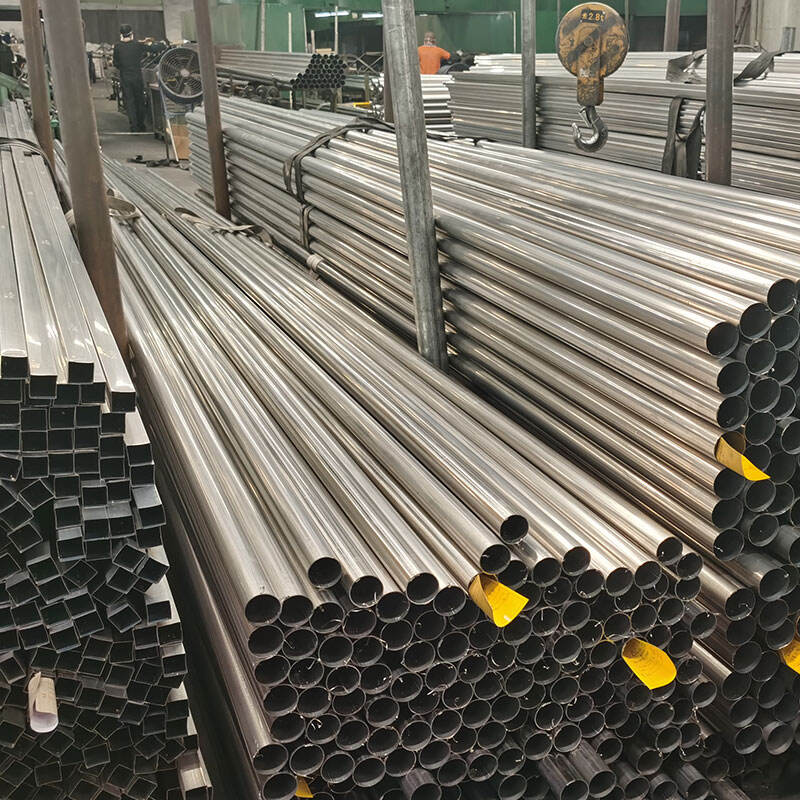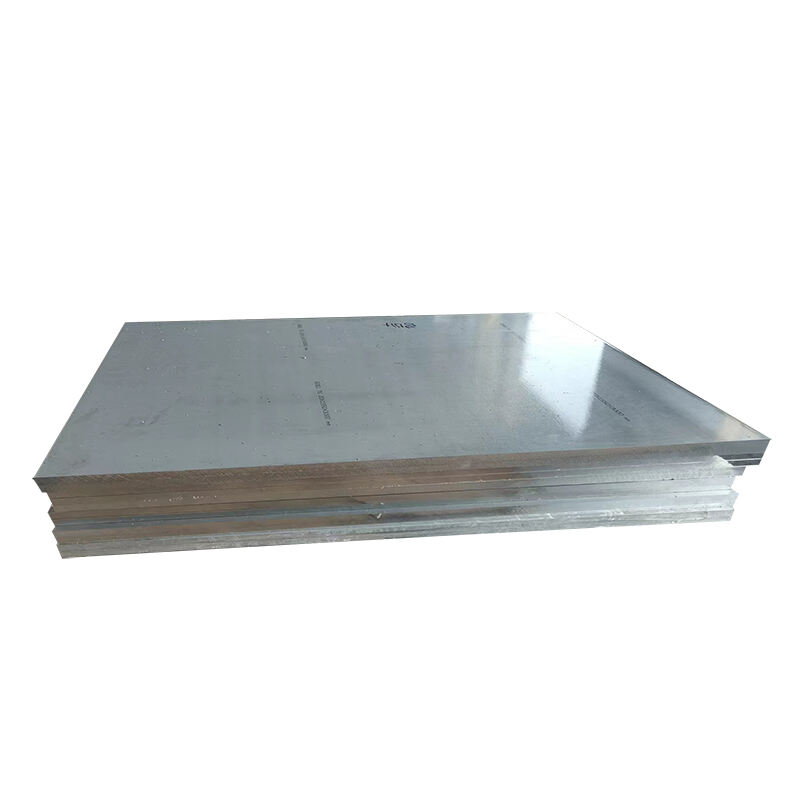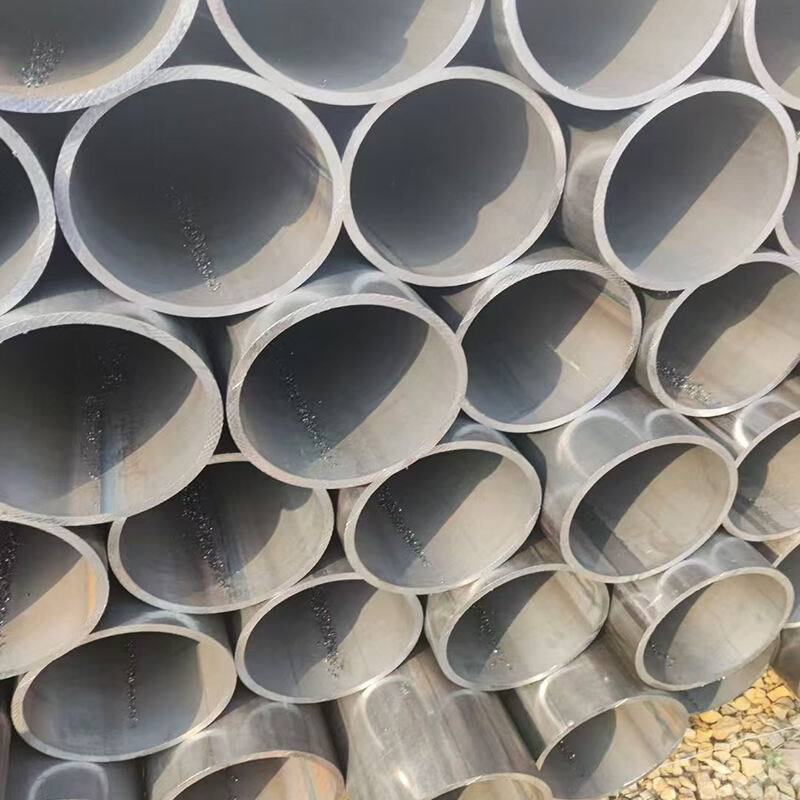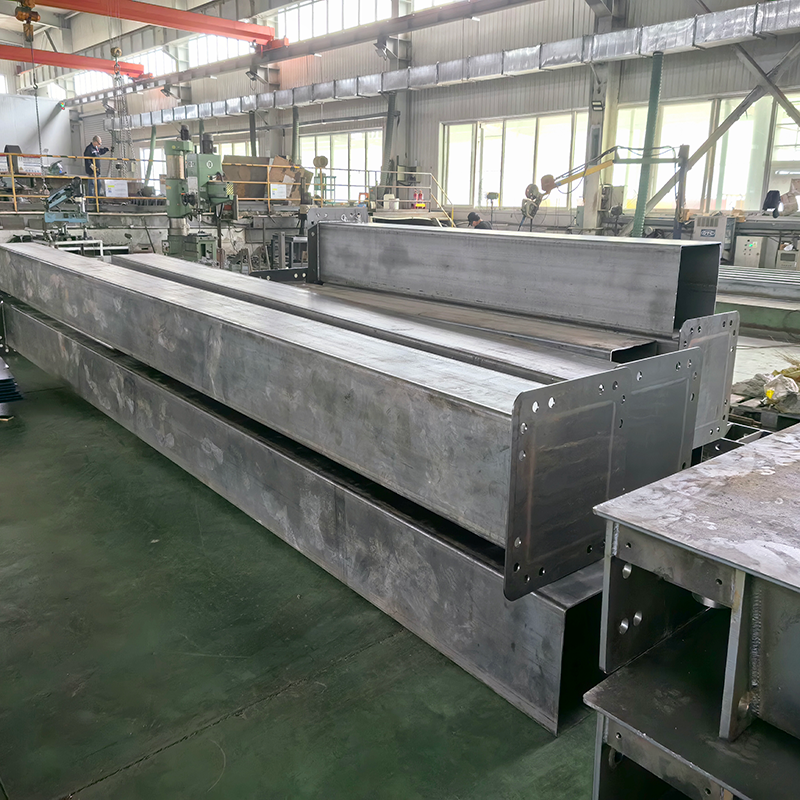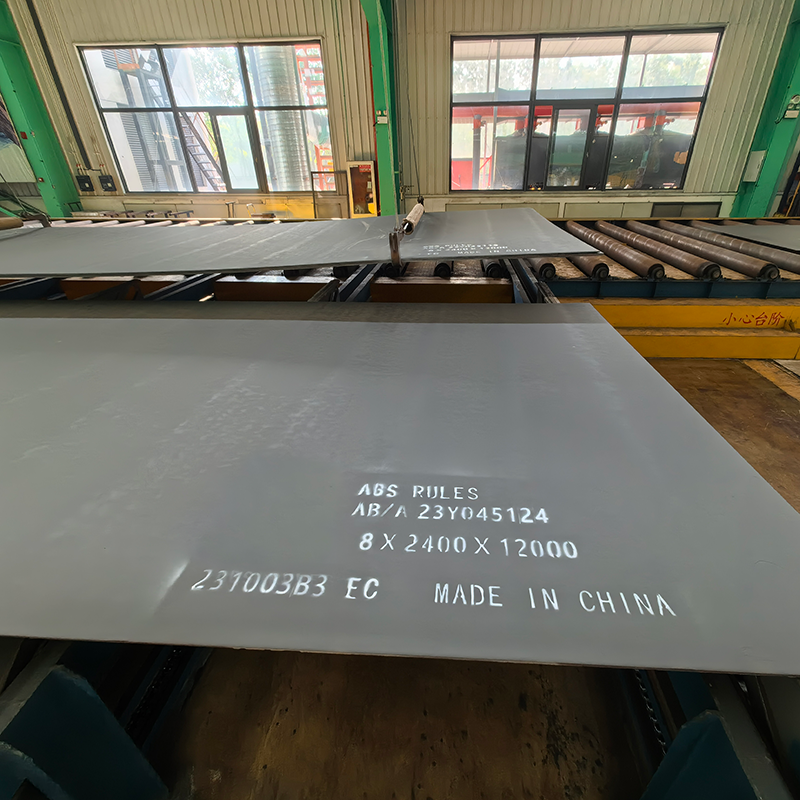آشنایی با ملففهها و صفحات PPGL: ویژگیها و کاربردهای صنعتی
کشف ملفهها و برگهای PPGL، که به دلیل مقاومت بینظیر علیه خوردگی و جذابیت ظاهری شناخته میشوند. این محصولات فولادی برای کاربردهای سقفگذاری، ساخت و ساز و خودرو مناسب هستند و در صنایع مختلف به طول عمر و عملکرد تضمین میکنند.
مشاهده بیشتر

